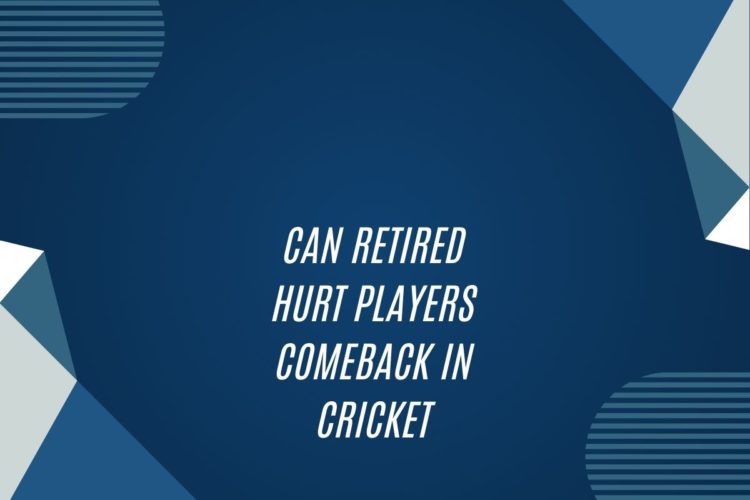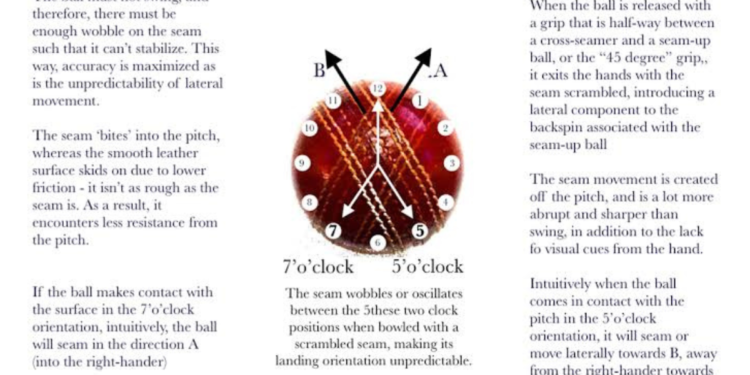Challenges Faced by Injured Players in Making a Comeback
Making a comeback after being injured can be a daunting task for players at any level of cricket. The physical and mental challenges that come with returning to the field after a period of recovery can be overwhelming. Injured players not only have to regain their physical fitness but also need to rebuild their confidence and trust in their body to perform at the same level as before the injury.
Moreover, the fear of re-injury looms large over players aiming to make a successful comeback. The psychological barrier of worrying about getting hurt again can hinder a player’s performance and willingness to push themselves to their limits. Balancing the desire to return to the game with the need to ensure their body is fully healed adds another layer of complexity to the challenges faced by injured players in making a comeback.
Factors Affecting a Player’s Decision to Return to Cricket
When a player faces the decision to return to cricket after an injury, various factors come into play that can influence their choice. Firstly, the severity of the injury plays a significant role in determining whether a player can make a successful comeback. A player recovering from a minor injury may be more inclined to return to the sport sooner compared to a player who has suffered a major injury requiring a longer rehabilitation period.
Another crucial factor affecting a player’s decision to return to cricket is the level of emotional and psychological support they receive during their recovery process. The mental strength and resilience of a player are essential in overcoming the fears and doubts that may arise post-injury. Additionally, the player’s confidence in their physical capabilities post-rehabilitation can heavily impact their decision to make a comeback to the demanding world of professional cricket.
Impact of Age on a Player’s Ability to Make a Comeback
As athletes age, the process of recovering from injuries and making a successful comeback becomes more challenging. Older players may experience longer healing times and find it harder to regain their pre-injury form due to decreased physical resilience. The wear and tear on aging bodies can also make it difficult to maintain peak performance levels during the recovery period.
Furthermore, the psychological aspect of recovering from an injury can be more daunting for older players. They may face doubts about their ability to bounce back, especially if they have had previous injuries or setbacks. Overcoming these mental barriers becomes crucial in the comeback journey for older players, as they need to maintain a positive mindset and strong determination to push through the challenges brought about by their age.
Role of Rehabilitation and Recovery in Player’s Comeback
Rehabilitation and recovery play a crucial role in a player’s successful comeback after an injury. The process involves not only physical healing but also mental and emotional aspects that need to be addressed. Professional athletes undergo rigorous rehabilitation programs tailored to their specific injuries to regain strength, flexibility, and endurance necessary for their sport.
The recovery phase is equally important, as it allows the body to rest and rebuild itself after the intense rehabilitation exercises. This phase often includes proper nutrition, adequate sleep, and other self-care practices that aid in the healing process. Additionally, mental fortitude and patience are essential during this period as athletes navigate the challenges of setbacks and delays in their recovery journey.
Importance of Mental Strength in Overcoming Injuries
Facing a sports injury can be a daunting challenge for any athlete. The physical pain and limitations can not only affect the body but also take a toll on the mental well-being of the player. In times like these, mental strength plays a crucial role in determining the player’s ability to overcome the setbacks and make a successful comeback.
The road to recovery is often fraught with ups and downs, requiring the athlete to stay focused, determined, and resilient. Mental strength enables the player to stay positive, remain committed to their rehabilitation regimen, and push through the tough times. It helps in building confidence, belief in one’s abilities, and the motivation to work hard towards regaining fitness and returning to the sport they love.























